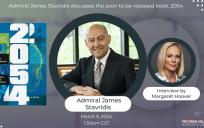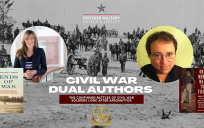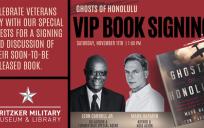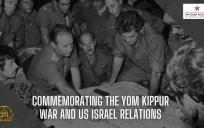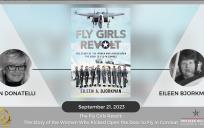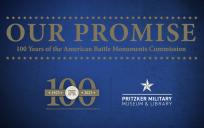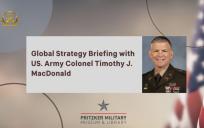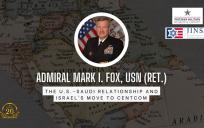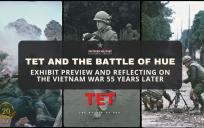
Record date:
Robert Patton: Patriot Pirates: The Privateer War for Freedom & Fortune in the American Revolution
The British Royal Navy ruled the sea with a fleet of warships that could outrun and outgun any other nation with ease. At the outset of the American Revolution, General George Washington and the Continental Congress knew their small navy didn't stand a chance going head-to-head with the British. So they turned to the one force that did: pirates.
The Continental Congress was not the first government to license pirates to attack their enemies' shipping. The practice went back centuries among the major European sea powers, in fact, but nobody had ever put state-sanctioned piracy to use quite like the new United States. The frigates of the fledgling Continental Navy were dwarfed in size by the more than 2,000 privately-owned warships legally authorized to raid, plunder, and raid some more, in service of their nation and their greed - ideally, though not always, in that order. Their primary targets were British merchant ships, and their prizes were supplies intended for the British Army. The privateers, as they were called, also had considerable propaganda value, inspiring lurid, sensational tales in the press that helped frighten the British public and rally support on the American homefront.
Patriot Pirates recounts the greatest successes and failures of the privateers in the Revolution, and details the intricate economy that sprang up around them - from the boom in shipbuilding and sailing jobs to the investors who bought shares in promising voyages, with a fortune to win or lose on whether she returned to harbor. The odds were not necessarily in their favor; even the best-equipped privateers were outgunned by an average British warship, and few who sailed could expect to survive capture. It remained wildly lucrative work, though. One investor noted that four ships could be lost for every one that came back without leaving a serious mark on his profit margin. For the Americans, the privateers were patriots that performed an essential (and profitable) service; for the British, they were foul thieves of the worst order. But in Patton's account, one point is beyond contest: the privateers were a decisive force in the American Revolution.
Robert H. Patton is the grandson of General George S. Patton, Jr., descended from a military family that dates back to the Scots rebellion of Bonnie Prince Charlie and the Indian wars of colonial America. He is also the author of The Pattons: A Personal History of an American Family.

